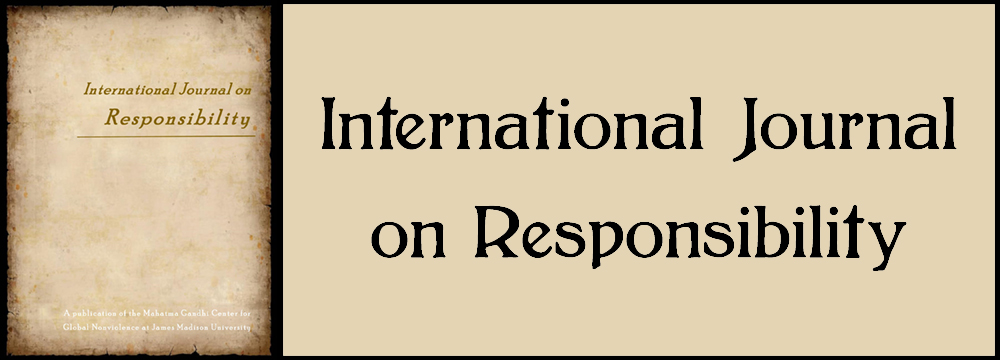
Abstract
Instructors in many colleges and universities are responsible for supporting their preservice teachers’ understanding of mathematics curriculum to best serve elementary students’ needs. As such, preservice teachers are taught how to critically analyze curriculum materials. However, with the advent of technologies like ChatGPT, preservice teachers are utilizing artificial intelligence (AI) tools in new ways to collate and construct mathematical curricula. As of now, little is known about how to adapt these new resources for the classroom. ChatGPT, an AI chatbot, can create a mathematics curriculum based on user questions, which teachers can then adapt to their classrooms. Although this AI chatbot can produce a quick response, researchers have identified that ChatGPT can produce biased responses and inaccurate mathematical data. This study evaluates the quality of the mathematics curriculum created by ChatGPT’s responses, how preservice teachers adapted those resources, and their perceptions of using ChatGPT. Overall, ChatGPT’s responses tended to construct high levels of cognitive demand with age-inappropriate text for elementary students. Despite formally teaching how to be critical of resources, the majority of preservice teachers’ adaptations merely changed visual appeal alone, demonstrating how some preservice teachers have overconfidence in the abilities of AI tools. This implies that preservice teachers should be cautious of ChatGPT and be taught specific mathematical prompt engineering techniques to create innovative tasks.
Type of Issue
Regular issue
Recommended Citation
Sawyer, Amanda G.
(2024)
"Artificial Intelligence Chatbot as a Mathematics Curriculum Developer: Discovering Preservice Teachers’ Overconfidence in ChatGPT,"
International Journal on Responsibility: Vol. 7:
Iss.
1, Article 1.
DOI: https://doi.org/10.62365/2576-0955.1106
Available at:
https://commons.lib.jmu.edu/ijr/vol7/iss1/1
DOI
10.62365/2576-0955.1106


